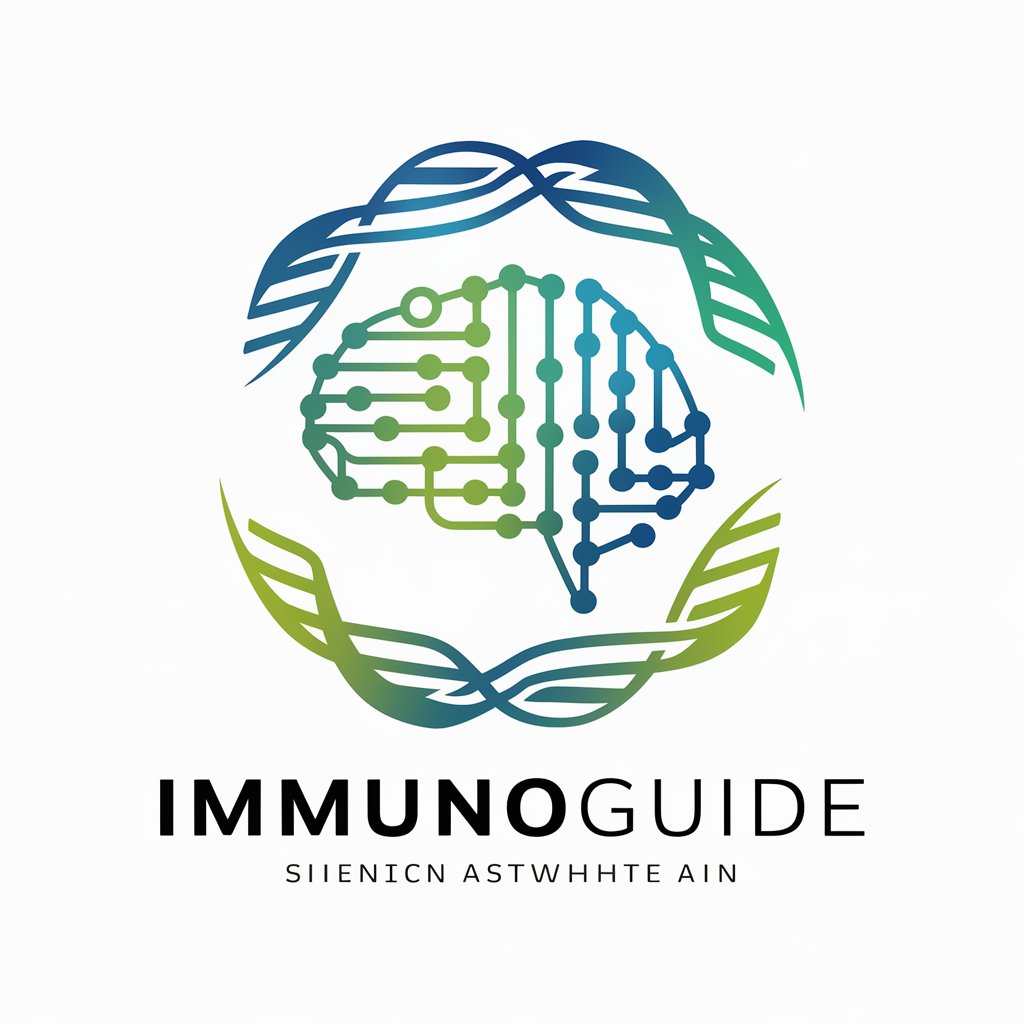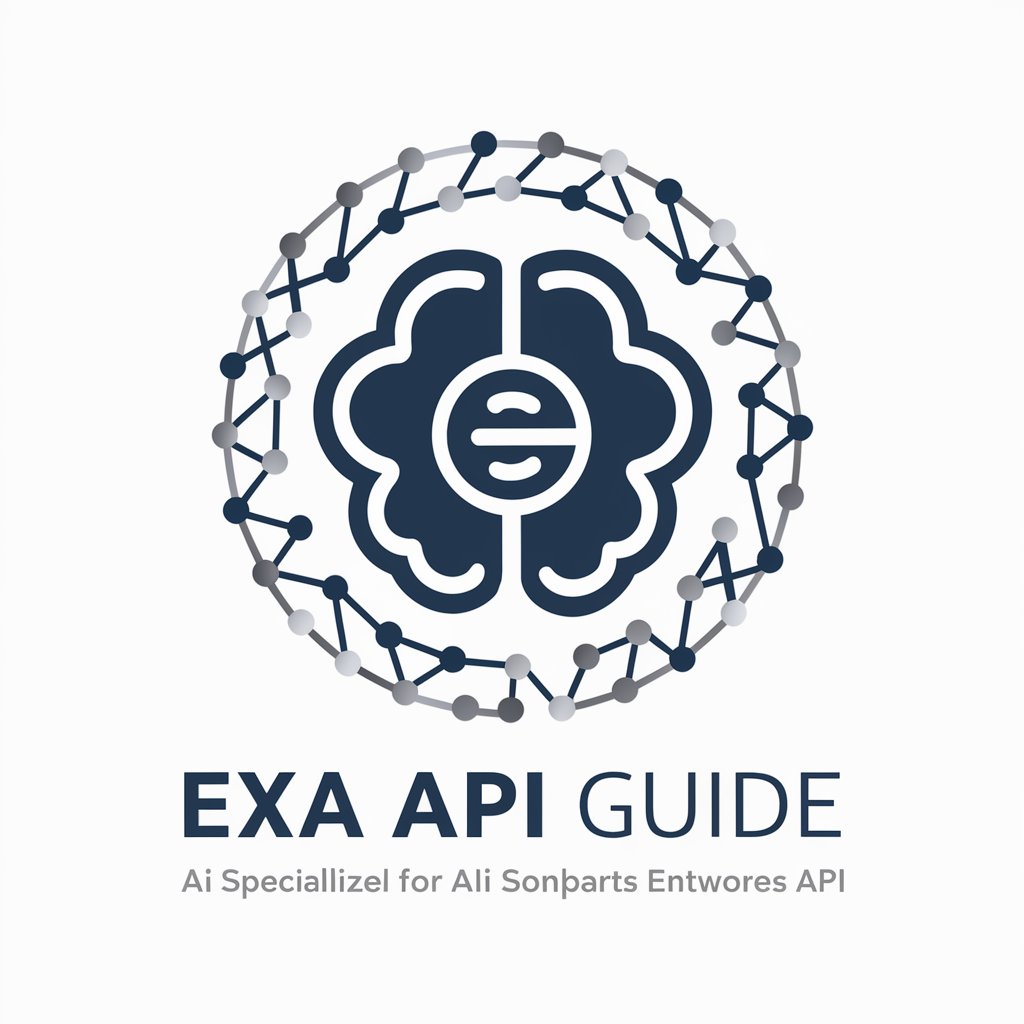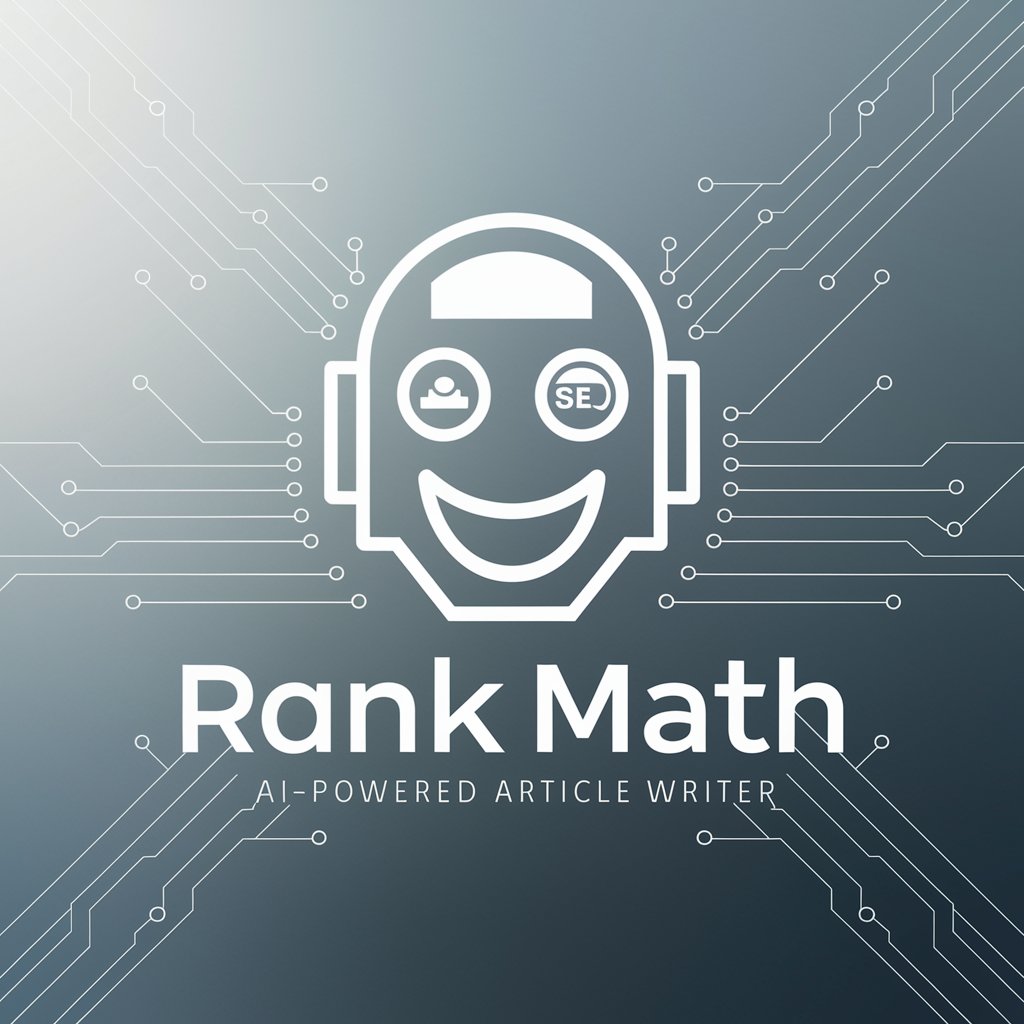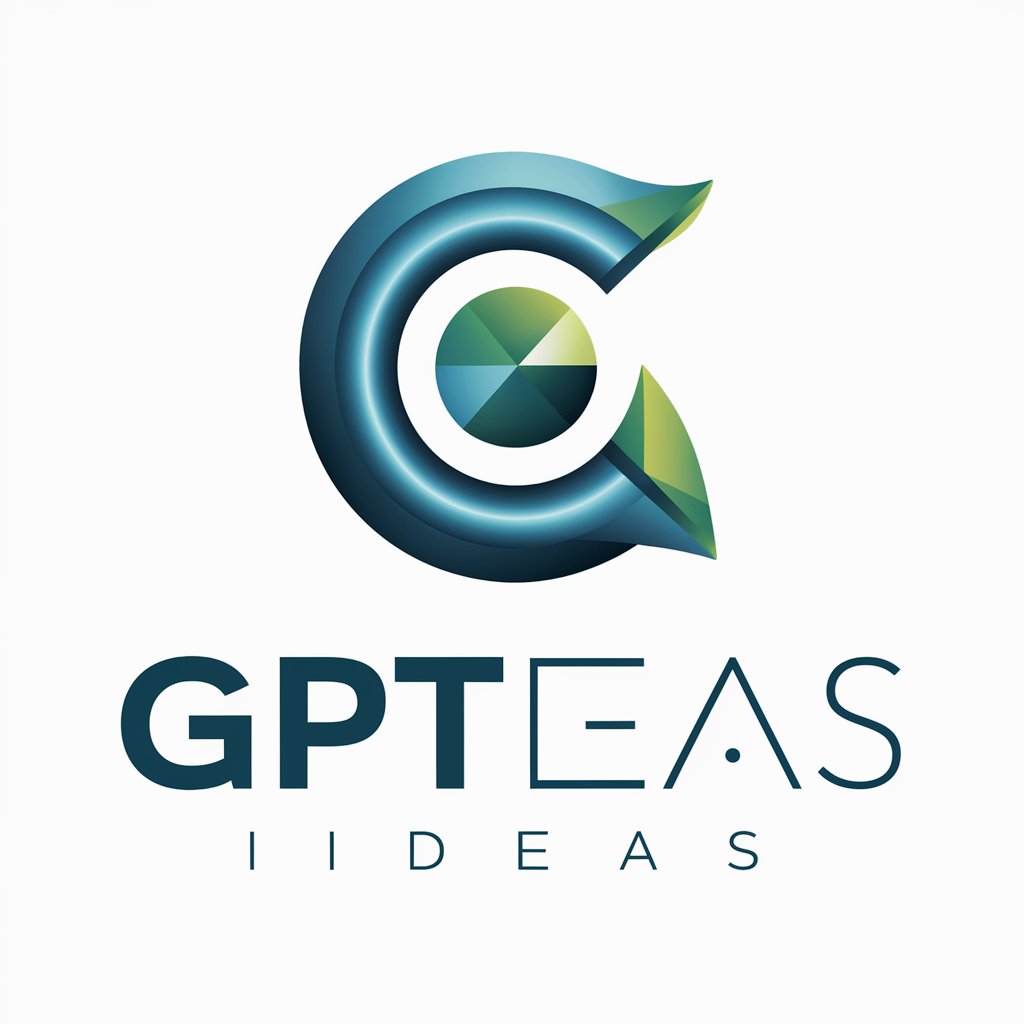ImmunoGuide - Immune System Insights

Welcome to ImmunoGuide, your professional resource for immunology insights.
Unlocking Immunology with AI
Explain the role of T cells in the immune response.
Describe the mechanism of action for monoclonal antibodies.
Summarize the latest advancements in immunotherapy for cancer treatment.
Discuss the differences between innate and adaptive immunity.
Get Embed Code
Introduction to ImmunoGuide
ImmunoGuide is designed as a specialized, authoritative source of information in the field of immunology. Its primary objective is to provide in-depth, scientifically accurate insights into the immune system's functions, disorders, and the latest research developments. ImmunoGuide is engineered to assist in educational, research, and clinical decision-making processes by offering comprehensive explanations, data analysis, and updates on immunological findings. For instance, it can elucidate complex immunological concepts such as the differentiation of T cells or the mechanisms behind autoimmune diseases, making these topics accessible to both professionals and students in the field. Additionally, ImmunoGuide can provide scenario-based guidance, such as recommending immunotherapeutic strategies for specific conditions or interpreting immunological test results within a clinical context. Powered by ChatGPT-4o。

Main Functions of ImmunoGuide
Educational Resource
Example
Explaining the mechanism of action of monoclonal antibodies in cancer therapy.
Scenario
A medical student preparing for exams requires a detailed understanding of immunotherapies. ImmunoGuide offers comprehensive explanations, enhancing their learning and retention of complex subjects.
Research Support
Example
Providing updates on the latest immune checkpoint inhibitors in clinical trials.
Scenario
A researcher investigating new immunotherapeutic approaches for melanoma uses ImmunoGuide to stay informed about recent developments and clinical trial results, facilitating the identification of novel research avenues.
Clinical Decision Support
Example
Interpreting immunological lab results to diagnose autoimmune conditions.
Scenario
A clinician analyzing ambiguous lab results uses ImmunoGuide to compare the patient's data against established diagnostic criteria, aiding in the accurate diagnosis and management of autoimmune diseases.
Ideal Users of ImmunoGuide Services
Healthcare Professionals
Doctors, nurses, and clinical immunologists who require up-to-date information on immunological diseases, treatments, and diagnostics. ImmunoGuide supports their need for continuous education and assists in making informed clinical decisions.
Researchers and Academics
Scientists and academic professionals focusing on immunology research. They benefit from ImmunoGuide's comprehensive data on the latest studies, experimental therapies, and scientific advancements, facilitating their research endeavors and scholarly work.
Students
Undergraduate and graduate students pursuing studies in immunology, medicine, or related fields. ImmunoGuide serves as an invaluable educational tool, offering detailed explanations of complex immunological concepts and current research trends.

Using ImmunoGuide: A Step-by-Step Guide
Step 1
Begin by visiting yeschat.ai for a complimentary trial, which requires no login or subscription to ChatGPT Plus.
Step 2
Familiarize yourself with the tool's interface and functionalities by exploring the help section or tutorial available on the site.
Step 3
Select a specific immunology topic or query you wish to explore or understand in depth.
Step 4
Input your query into ImmunoGuide using the provided text box or interface, ensuring clarity and specificity in your question.
Step 5
Review the generated response for accuracy and relevance, utilizing additional queries as needed for further exploration or clarification.
Try other advanced and practical GPTs
London Property Guide
Empowering property decisions with AI.

Financial Insight
Empowering Financial Decisions with AI

Exa (formerly Metaphor) API Guide
Revolutionizing Search with AI-Powered Precision

IFRS Technical Partner
Demystifying IFRS with AI Expertise

Better Parenting
Empowering parents with AI-driven insights.

Rank Math Article Writer
Empowering SEO with AI Creativity

GPT Ideas
Empower Your Marketing with AI

Education Advisor
Empowering your learning journey with AI.

知識管理課程規劃助手 - 林美惠
Empowering Educators with AI-Driven Insights

Thailand Relocation Guide
Simplify Your Move to Thailand with AI

Social Media de Advogados
Empowering legal professionals with AI-driven content.

Almost Сrocodile Game
Guess the word through AI-generated clues

Frequently Asked Questions about ImmunoGuide
What is ImmunoGuide?
ImmunoGuide is an AI-powered tool designed to provide detailed, authoritative information and insights on a wide range of immunology-related topics.
Who can benefit from using ImmunoGuide?
Researchers, healthcare professionals, students, and academics in the field of immunology can greatly benefit from the comprehensive data and analysis provided by ImmunoGuide.
How does ImmunoGuide ensure the reliability of its information?
ImmunoGuide leverages advanced AI algorithms and accesses a vast, up-to-date database of immunological research to generate responses that are both accurate and current.
Can ImmunoGuide help with academic writing?
Yes, ImmunoGuide can assist in academic writing by providing detailed explanations, data interpretation, and references relevant to immunology topics.
Is there a way to customize the information received from ImmunoGuide?
While ImmunoGuide provides comprehensive responses based on its existing knowledge base, users can refine their queries to align more closely with specific information needs or areas of interest.
